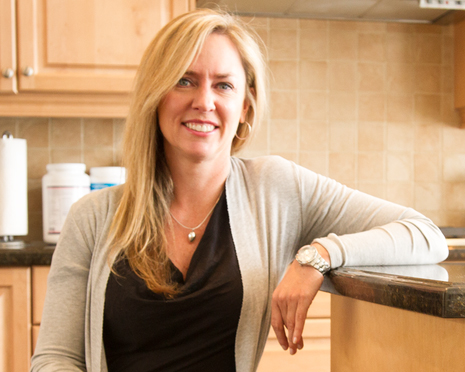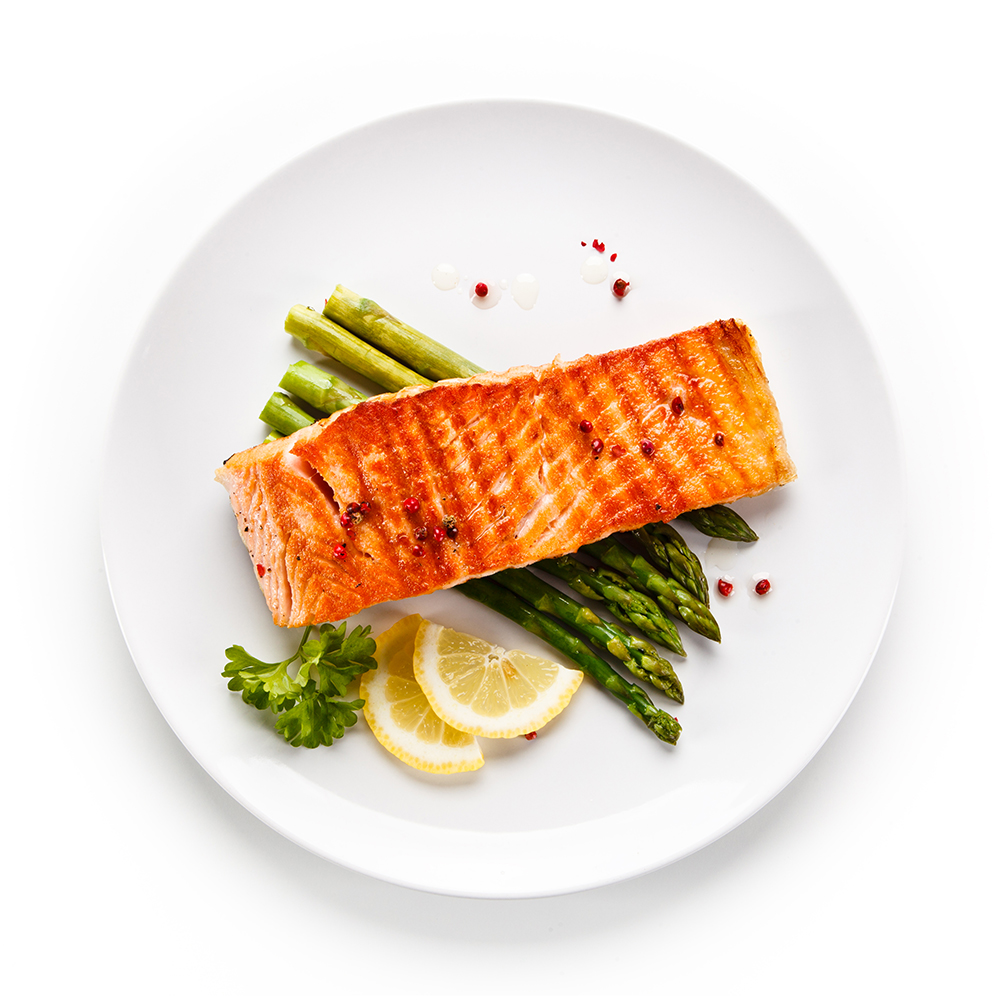 I’ve had the pleasure of being the nutrition columnist for NEW MOBILITY for the past six years, and now it is time to wish you all a final bon appétit.
I’ve had the pleasure of being the nutrition columnist for NEW MOBILITY for the past six years, and now it is time to wish you all a final bon appétit.
Over these years, I’ve covered a wide range of topics from digestive dysfunction to unbalanced sex hormones, and explained how specific nutrients, foods and supplements can address a multitude of health conditions in-between. I hope the material I have shared with you has provided a greater understanding of how important it is to eat well to help reduce the risk of developing many common disability-related secondary health complications, as well as helped demonstrate the powerful relationship between nutrition and optimal health.
In this, my last column, I’d like to leave you with the greatest lesson I have learned as a nutritionist and share some final food for thought.
I’ve had the incredible fortune of meeting and working with thousands of people who live with disabilities and/or work in the disability community across North America. Through all of my experiences, conversations and interactions with clients, consumers and health care providers, it never ceases to amaze me what a profound impact food has on everything we do, every day.
Food has the immense power to bring joy, give comfort, form connections, build relationships, spark conversation and creativity, set the rhythm of our days, be the center of celebration and, obviously, satiate our hunger. The connection between food and our identity is also deeply ingrained in our cultures and traditions. And of course, food has the amazing ability to help us heal, both physically and emotionally.
 This is particularly evident in the clients I work with who have newly acquired injuries or health conditions. In these situations, when people have lost control over certain parts of their body or their ability to function independently, food often becomes a focus. During these stressful times, food can be one of the few things we maintain control of, while simultaneously providing us with nourishment and pleasure.
This is particularly evident in the clients I work with who have newly acquired injuries or health conditions. In these situations, when people have lost control over certain parts of their body or their ability to function independently, food often becomes a focus. During these stressful times, food can be one of the few things we maintain control of, while simultaneously providing us with nourishment and pleasure.
What I’ve come to understand very clearly through the process of working with individuals from all demographics is that food is extremely personal. It means vastly different things to different people. These differences are often reflected in the unique and diverse ways in which we grocery shop or prepare, cook and eat our food. These are habits that have developed over our lifetime and most often have emotional ties. It is these last two factors that make long-term dietary changes difficult. This is why providing nutritious and delicious meal plans, recipes and supplement schedules sometimes isn’t enough to help people transition to, and maintain, healthier diets.
As a nutritionist, I’ve learned that the keys to making successful dietary changes is to identify why you want to make healthy changes and to explore what food means to you and understand how it motivates you.
So, here is my last recipe — a strategic plan of four steps to help you achieve your future nutrition goals:
Four Steps to Help You Achieve Your Future Nutrition Goals
1. Set Clear Goals: Having well defined objectives will help you stay focused and on track.
2. Explore Why These Goals Are Important to You: This is a vital step. The more you understand why you want to make changes and why these changes are important to you, the more likely you will succeed. This is harder than it sounds. People often tell me that they want to “be healthier,” but don’t have a clear answer why or what it involves.
Eating well includes not just introducing new foods but giving up old ones. This might sound obvious, but I’m frequently asked, “Can I still eat McDonalds, chips and/or candy bars?” Giving up old food habits is difficult because it involves emotion and discomfort. This is where I see people get stuck or give up. So this is where you need to dig deep and analyze your relationship to food and why you might be unwilling to give up foods that aren’t good for you.
3. Choose a Good Time to Start: Dietary changes involve lifestyle changes, and this takes time and effort. It’s not realistic to expect that you can transform your diet overnight. Choose a time in your schedule when you can focus your attention on learning new recipes and cooking methods.
4. Enjoy Your Food: Food is meant to be enjoyed! Eating well does not mean eating boring, bland food. There are delicious, healthy alternatives to every meal and thousands of free recipes online. So be adventurous, try new foods, eat well and live well!
** This post was originally published on https://www.newmobility.com/2020/01/final-food-for-thought/

